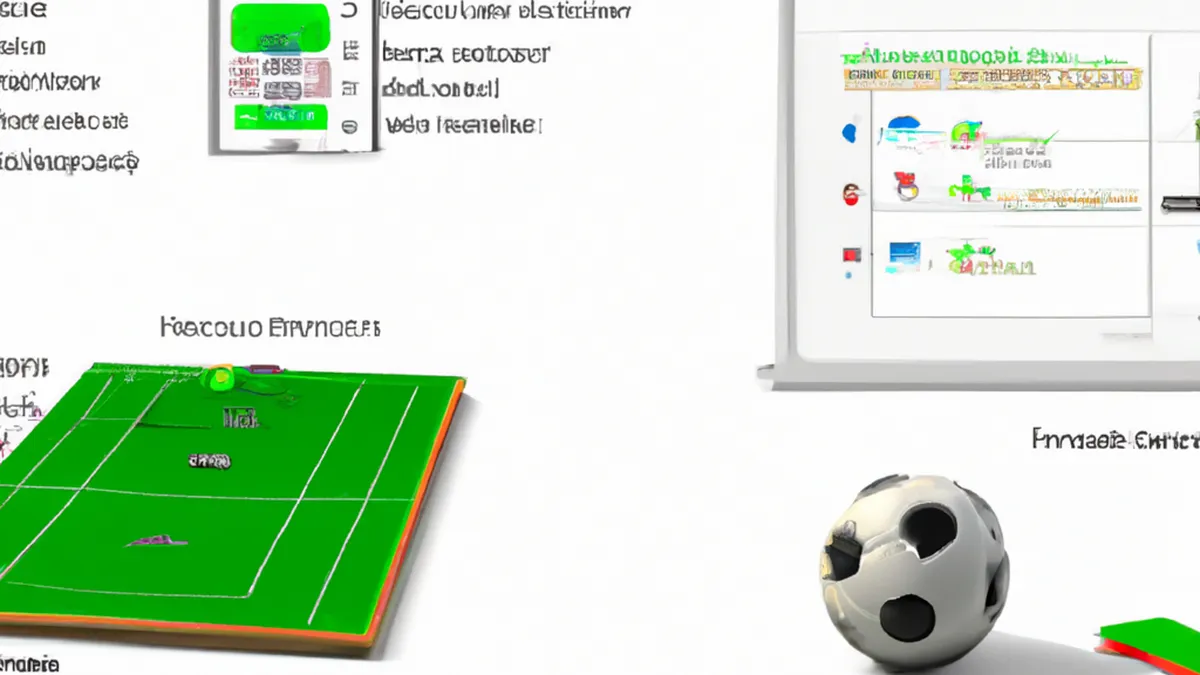Designing Effective Recognition Strategies for Coaches
How to Create a Set Piece Recognition Program for Coaches
In competitive football, set pieces like free kicks and corner kicks often lead to game-changing moments. Coaches who recognize and utilize these opportunities enhance their team’s performance. A structured set piece recognition program provides teams with a strategic advantage. This guide outlines steps to create an effective recognition program that elevates a coach’s strategy.
Understand the Importance of Set Pieces
Set pieces significantly contribute to goals scored in matches. Research shows that teams excelling in set piece execution outperform opponents. Coaches must emphasize the importance of these opportunities. Set pieces require strategic planning, precise execution, and teamwork.
Analyze Current Performance
Analyze your team’s current performance regarding set pieces before creating a recognition program. Collect data from past matches, focusing on offensive and defensive set pieces. Identify patterns in successful and unsuccessful executions, noting specific strengths and weaknesses.
For example, if your team struggles to defend corner kicks, this area needs improvement. If your team frequently scores from free kicks, build upon that strength. This performance analysis will help tailor your program to meet your team’s unique needs.
Involve the Players
Involve your players in the recognition program for better results. Engage them in discussions about set pieces to gain valuable insights. Encourage players to share experiences and thoughts during meetings or training sessions.
This collaboration fosters ownership among players, making them feel invested in the program. When players understand the significance of set pieces, they take training seriously and execute strategies effectively in matches.
Develop a Recognition Framework
With team performance insights and player input, develop a recognition framework. Outline key components of your program, focusing on areas that will drive improvement.
Identify Key Set Pieces
Identify the most common set pieces your team will encounter during the season. Focus on primary types: free kicks, corner kicks, and throw-ins. Each type requires a tailored approach, so create specific strategies for these situations.
For instance, your corner kick strategy may involve player positioning, movement patterns, and plays designed to exploit defensive weaknesses. Clearly defining these strategies helps players understand what to expect and how to prepare.
Create Recognition Criteria
Establish clear criteria for recognizing effective execution of set pieces. Define what success looks like for each set piece.
Conclusion
In summary, understanding the importance of set pieces and involving players enhances recognition programs. Analyzing performance and developing tailored strategies leads to improved outcomes.
Below are related products based on this post:
FAQ
What are set pieces in football and why are they important?
Set pieces, such as free kicks and corner kicks, are significant moments in football that can lead to goals. They require strategic planning, precise execution, and teamwork, and teams that excel in these areas often outperform their opponents. Coaches must emphasize their importance to enhance overall team performance.
How can I analyze my team’s current performance regarding set pieces?
To analyze your team’s performance, collect data from past matches, focusing on both offensive and defensive set pieces. Identify patterns of success and failure, noting specific strengths and weaknesses. For example, if your team struggles to defend corner kicks, this indicates an area that needs improvement, while frequent scoring from free kicks can be built upon.
Why is it important to involve players in the set piece recognition program?
Involving players in the recognition program fosters ownership and investment in the training process. Engaging them in discussions about set pieces allows coaches to gain valuable insights and encourages players to take training seriously. When players understand the significance of set pieces, they are more likely to execute strategies effectively during matches.















Post Comment